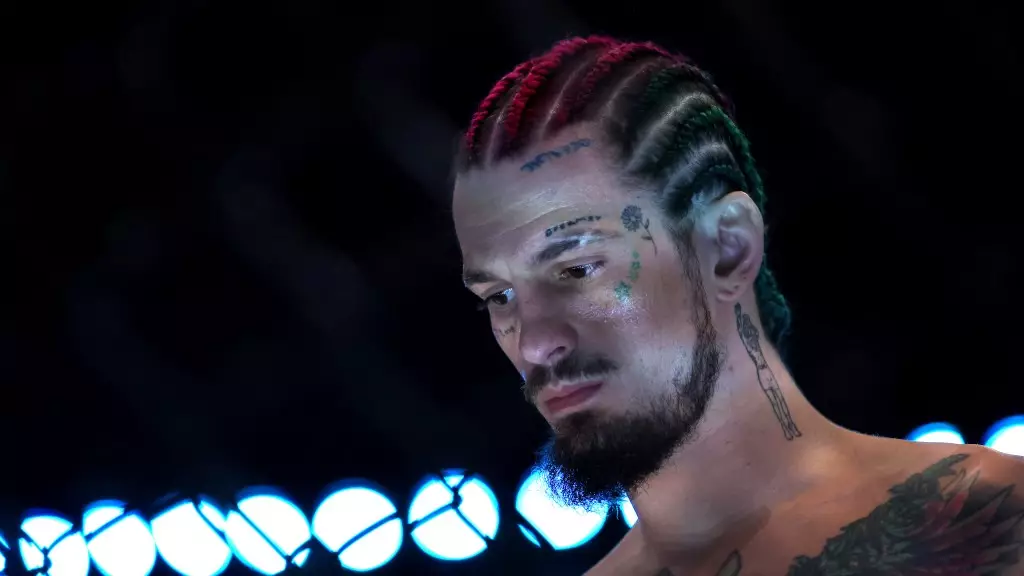The trajectory of UFC fighters can shift dramatically within a span of just a few bouts, particularly when facing tough opponents and sustaining losses that expose weaknesses. Such is the case for Sean O’Malley, who recently suffered a significant setback in his career after losing his bantamweight title to Merab Dvalishvili via unanimous decision at UFC 306. Former UFC champion Daniel Cormier has voiced serious concerns about O’Malley’s future, especially if a potential rematch against Dvalishvili doesn’t showcase improvement.
O’Malley’s record now stands at 18-2 in MMA and 10-2 in the UFC. Following his defeat, he has undergone surgery for a torn left labrum, a setback that can affect an athlete’s performance and preparation. UFC CEO Dana White has expressed intentions to promote O’Malley as the next title challenger, which seems both ambitious and precarious given the nature of his last fight. Dvalishvili overwhelmed O’Malley, taking him down multiple times and controlling him for an extended period. This type of loss, particularly one that exposes critical vulnerabilities in a fighter’s game, can cast a long shadow over the prospect of reclaiming a title.
Cormier has made it clear that if O’Malley aims to reclaim his dominance in the bantamweight division, he must address fundamental flaws in his skill set. Cormier’s analysis suggests that O’Malley’s wrestling and grappling need substantial enhancement. During his bout with Dvalishvili, O’Malley was taken down six times and found himself unable to defend effectively against a physically dominant opponent. This indicates a lack of preparation for a grappling-heavy fight, which is crucial in a division populated by fighters with high-level wrestling backgrounds.
Cormier asserts that O’Malley’s time should be spent diligently training in a wrestling gym. If O’Malley fails to make significant changes to his defensive skills and grappling approach, he could find himself in a similarly unfavorable position in a rematch against Dvalishvili or other competitors. Per Cormier’s insight, promoting O’Malley as a contender following such a loss might be reckless if he has not improved in relevant areas.
The implications of another loss for O’Malley would not merely be record-related, but fundamentally career-altering. Cormier suggests that O’Malley’s situation mirrors that of Jiri Prochazka, who has been vocal about fighting after setbacks without demonstrating substantial changes. In the dangerous environment of the UFC, where the competition is relentless and opportunistic, repetitively failing to improve could tarnish a fighter’s reputation and future prospects.
Despite O’Malley having his moments, such as landing a notable kick in the fifth round against Dvalishvili, the overall dominance of “The Machine” poses a daunting challenge. Cormier emphasizes that without a complete transformation in tactics and techniques, O’Malley’s opportunities for success may diminish significantly.
Sean O’Malley is at a critical juncture in his career. The need for tactical growth and adaptability in response to the challenges presented by elite competitors, such as Dvalishvili, cannot be overstated. As the dust settles from his last fight, time will reveal whether O’Malley heeds the warning of experienced voices like Daniel Cormier and evolves his skill set to secure a successful path forward.

